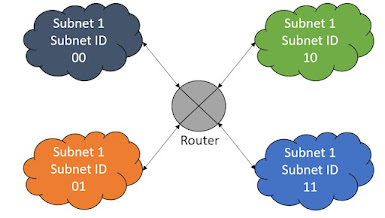Basic ubuntu commands and shortcuts for daily usage
Basic ubuntu commands and shortcuts for daily usage
Shortcuts
ctrl +alt +t open a terminalctrl +alt +l lock the pc
ctrl +shift +t open a new tab
ctrl +shift +w quit in current tab
ctrl +shift +q quit from terminal
ctrl +shift +f to find something
ctrl +q close application
alt +tab switch applications
f11 full screen
Commands
pwd print working directory
cd change directory
mkdir make directory
rmdir remove directory
./ execute a file
touch create a file
rm delete a file
touch create a file
rm delete a file
exit do exit action
cd .. go to previous directory
cat open a file
free check the memory
ifconfig interface configuration
xrandr -q current screen resolution
xrandr -s set a new screen resolution
grep search text
history display all entered list of commands
ls show files
ls -al show files and hidden files
cd ~ change to home directory
cd / change to root directory
mkdir -p t{1..10}/{1..10} make folders range and sub folders range
cp ~/path/{multiple files} ~/path/ copy multiple files from one destination to other destination.
ex:- cp ~/Desktop/{test.sh,a.sh} ~/Desktop/sh-sample/
Ctrl +Alt+ F1 for cli mode
Ctrl +Alt+ F7 for gui mode
chmod change the file permission
cd ~ change to home directory
cd / change to root directory
mkdir -p t{1..10}/{1..10} make folders range and sub folders range
cp ~/path/{multiple files} ~/path/ copy multiple files from one destination to other destination.
ex:- cp ~/Desktop/{test.sh,a.sh} ~/Desktop/sh-sample/
Ctrl +Alt+ F1 for cli mode
Ctrl +Alt+ F7 for gui mode
chmod change the file permission
- 0: No permission
- 1: Execute permission
- 2: Write permission
- 3: Write and execute permissions
- 4: Read permission
- 5: Read and execute permissions
- 6: Read and write permissions
- 7: Read, write and execute permissions
Change hostname Permanently- sudo hostnamectl set-hostname NewName
Details
- Dollar sign
($)means you are a normal user. - Hash sign
(#)means you are the system administrator (root).




Comments
Post a Comment